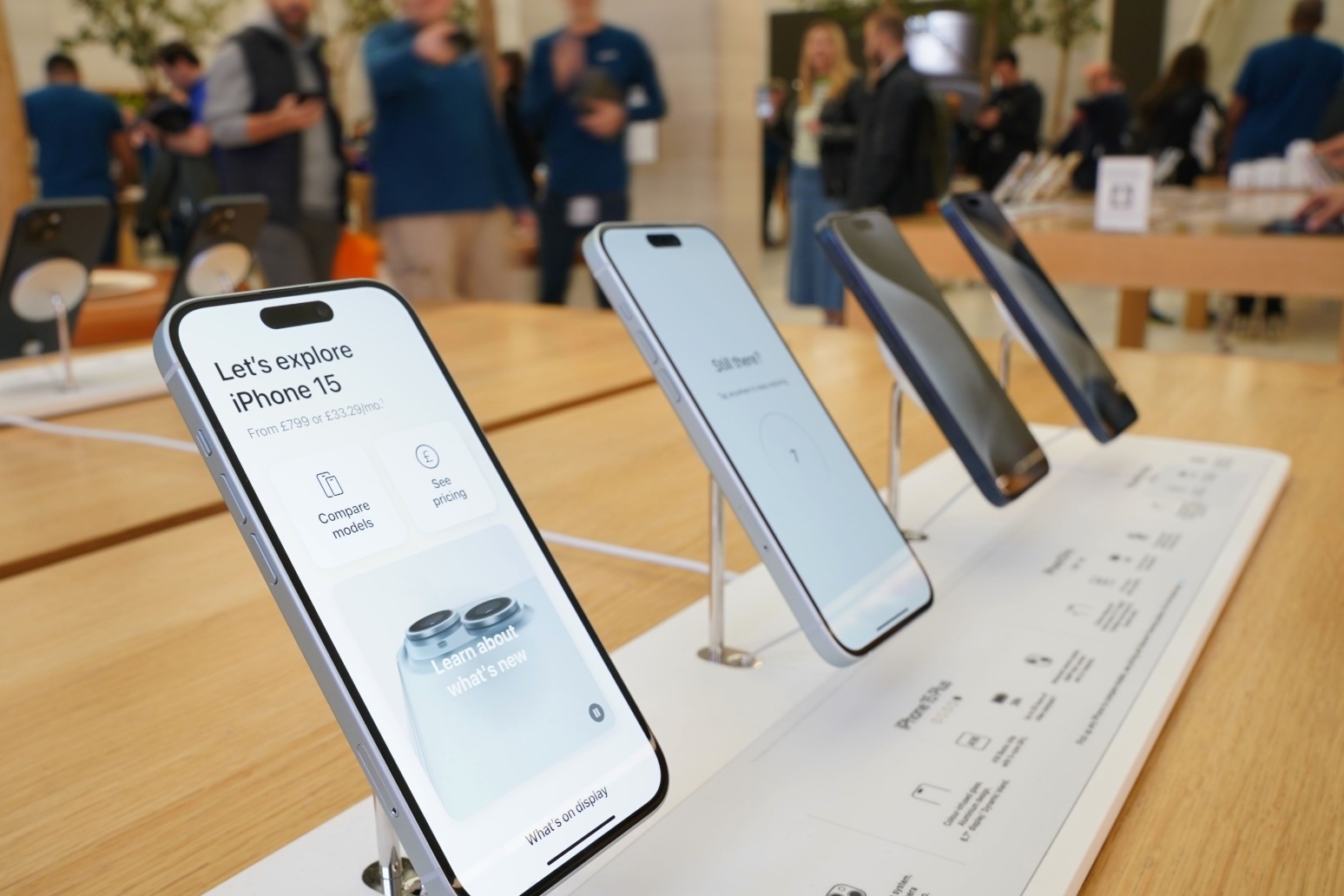
US Justice Department accuses Apple of ‘illegal monopoly’
The US Justice Department has accused Apple in a new lawsuit filed against the tech giant of engineering an illegal monopoly in the smartphone market that cuts off competition.
The lawsuit alleges the iPhone maker has used the tight control it keeps over its smartphone ecosystem to “engage in a broad, sustained, and illegal course of conduct”.
The announcement comes in the wake of the technology giant being fined 1.8 billion euros (£1.5 billion) by regulators in the EU for not allowing music streaming apps like Spotify to tell customers they can subscribe for less if they do not use Apple’s App Store.
The US Justice Department lawsuit alleges that Apple’s so-called “walled garden” ecosystem, where the tech giant completely controls what software users are able to download via its App Store, has stifled innovation among developers and driven prices up for consumers.
It claims that Apple has blocked the development and distribution of cloud-streaming apps that would allow high-end video game play without consumers having to buy extra hardware, and that the tech giant has stifled the development of cross-platform messaging apps to ensure people keep buying iPhone handsets.
US attorney general Merrick Garland said: “Consumers should not have to pay higher prices because companies violate the antitrust laws.
“We allege that Apple has maintained monopoly power in the smartphone market, not simply by staying ahead of the competition on the merits, but by violating federal antitrust law.
“If left unchallenged, Apple will only continue to strengthen its smartphone monopoly.”
In response, Apple said it would “vigorously” defend itself.
“At Apple, we innovate every day to make technology people love, designing products that work seamlessly together, protect people’s privacy and security, and create a magical experience for our users,” the company said in a statement.
“This lawsuit threatens who we are and the principles that set Apple products apart in fiercely competitive markets.
“If successful, it would hinder our ability to create the kind of technology people expect from Apple, where hardware, software, and services intersect.
“It would also set a dangerous precedent, empowering government to take a heavy hand in designing people’s technology.
“We believe this lawsuit is wrong on the facts and the law, and we will vigorously defend against it.”
Published: by Radio NewsHub